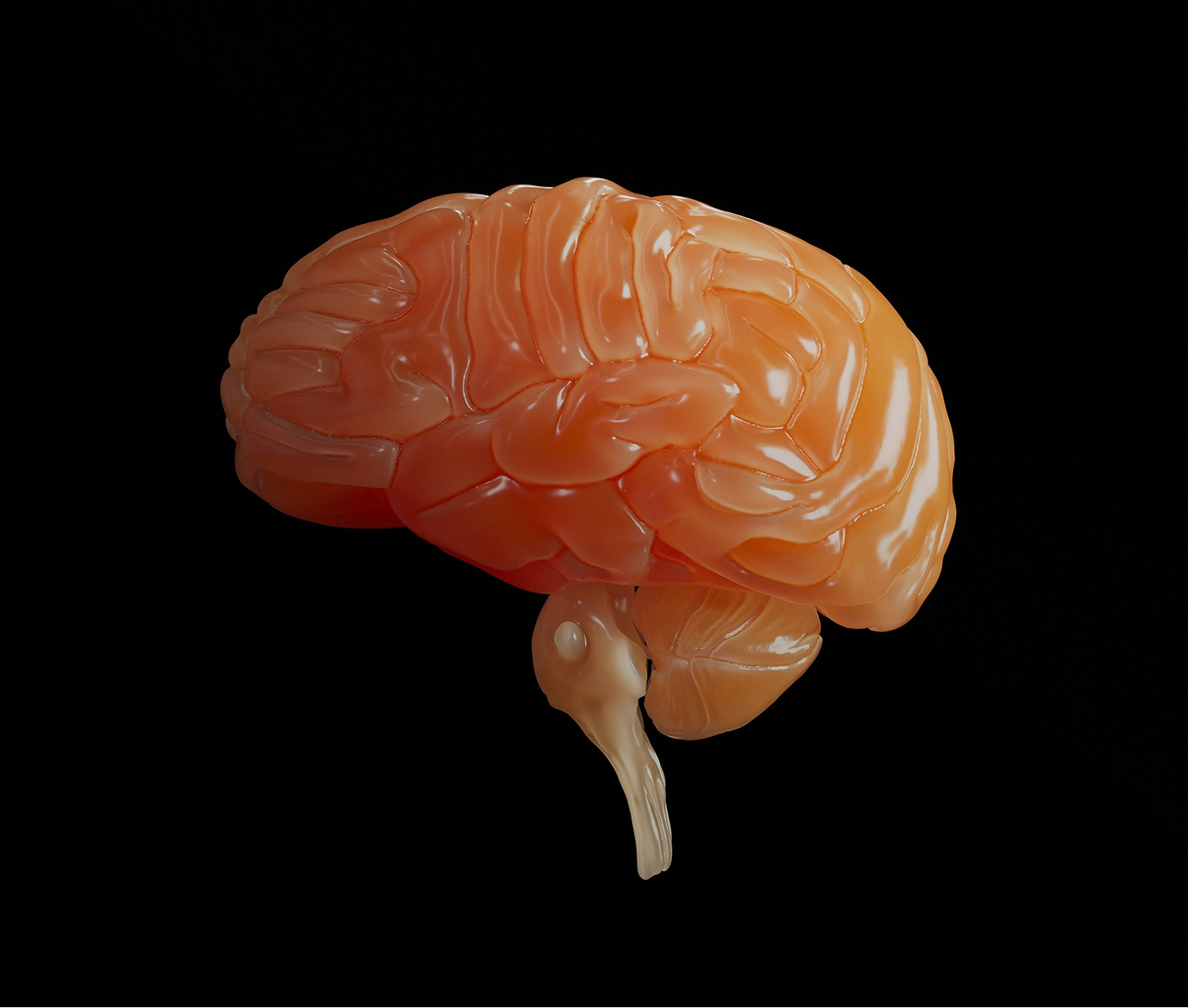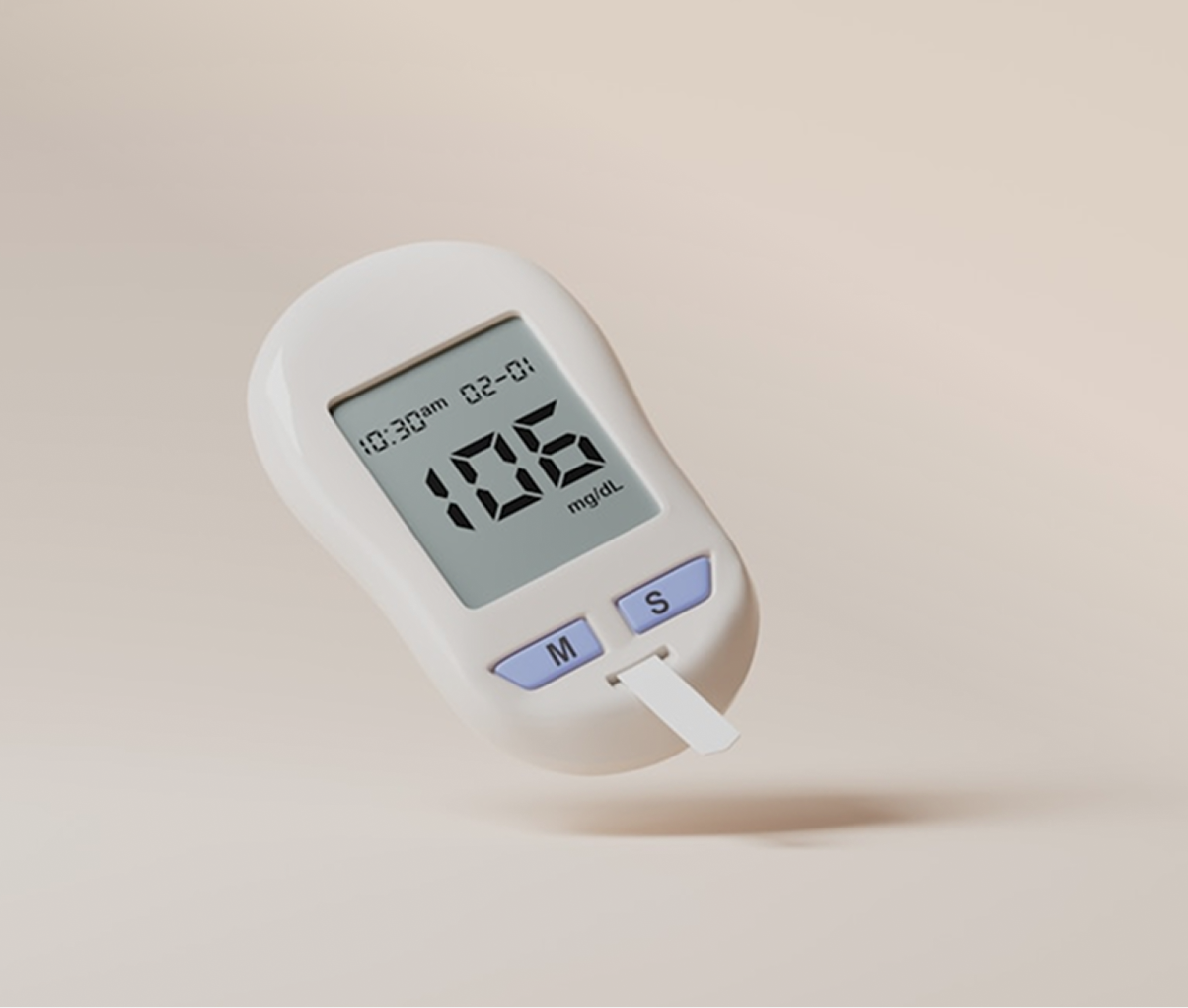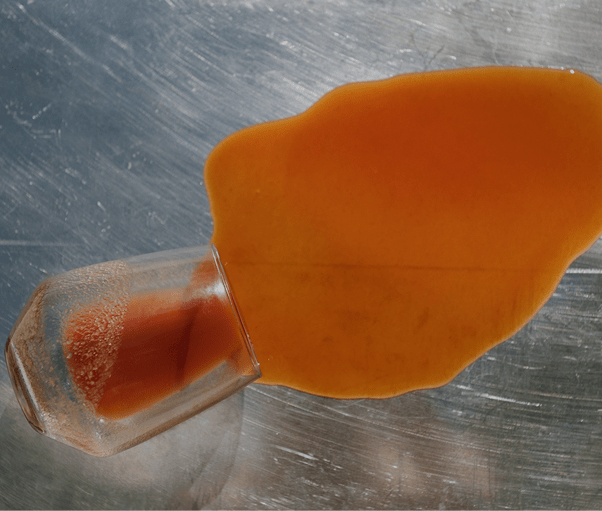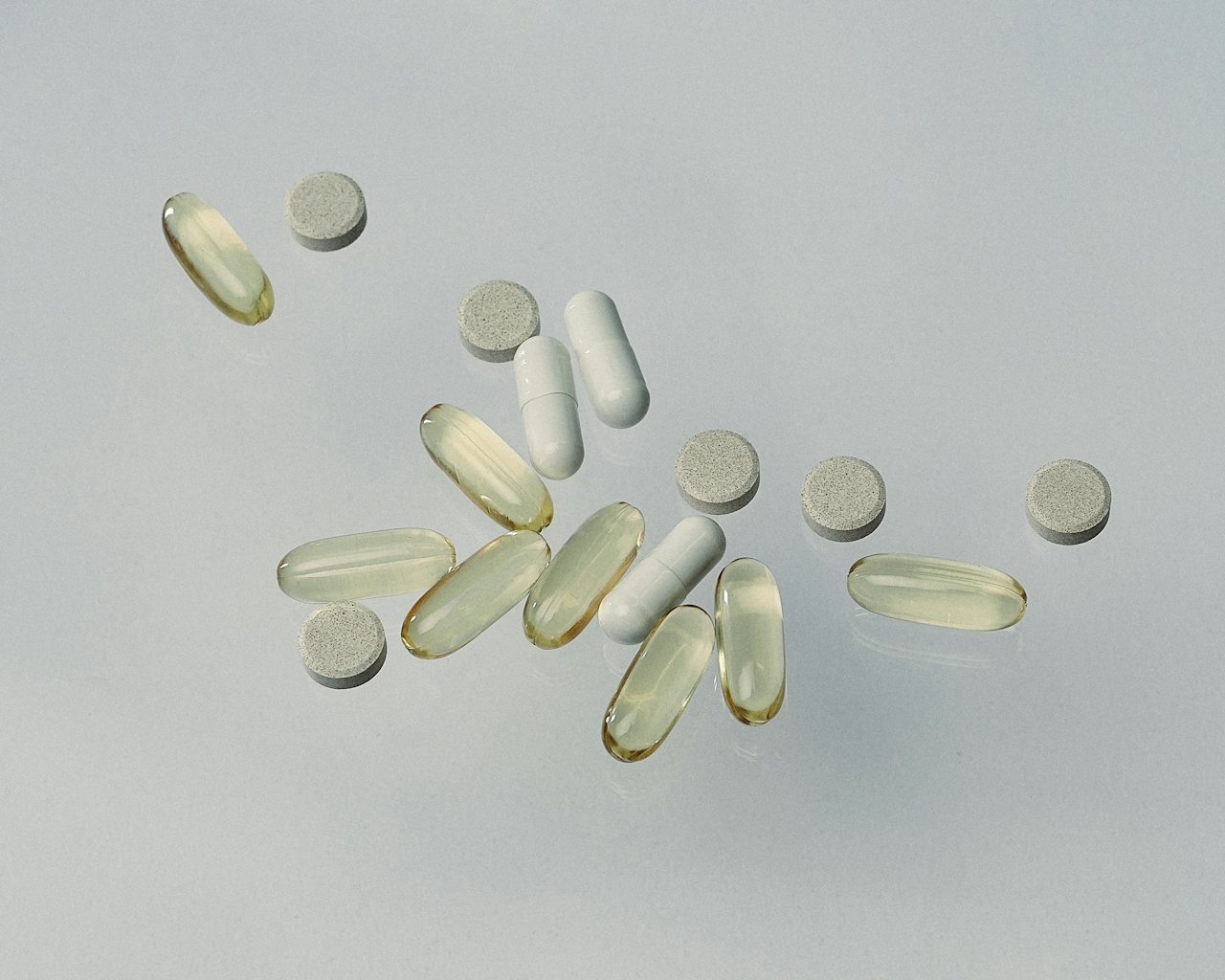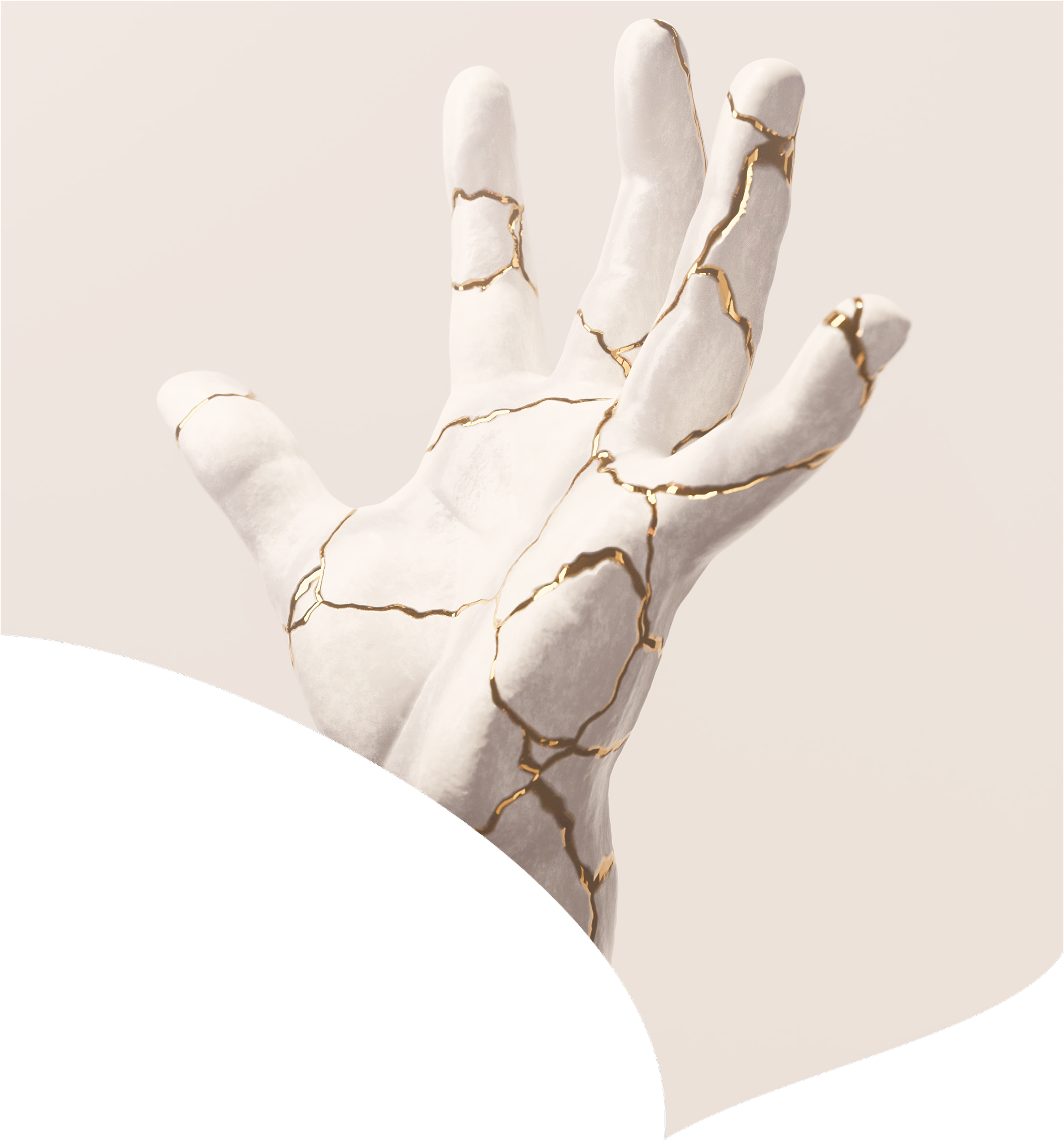
Your immune system is more than a cold-fighting machine.
It’s your body’s surveillance network, inflammation modulator, cancer scout, and recovery crew all rolled into one. Your immune system shapes how you age, how quickly you recover, how you sleep, your internal and external inflammation, and even how well your brain works.
It’s one of those things that you forget about when it’s working well. But when it doesn’t, there’s nothing else you think about.
The good news is you can train it. Modulate it. Improve it. Of course, it boils down to what most things boil down to: good habits.
Just about every issue we’ve published touches on immunity.
Let’s explore the full spectrum of immune health: what strengthens it, what sabotages it, and how to make yours more intelligent over time.
Immunity 101: How It Works
Your immune system is exactly that—a system. It’s a distributed network made up of cells, tissues, and signals that span nearly every part of your body, from bone marrow and the gut to your skin and lymph nodes.
There are two main arms:
- Innate immunity is your first responder. It acts fast and broadly. It doesn’t care what the invader is; it just wants it gone. Think of inflammation, fever, and the mobilization of white blood cells for cuts and bruises.
- Adaptive immunity is your specialist team. It learns from past encounters and remembers pathogens for years or even decades. It creates antibodies and immune memory (via T-cells and B-cells) to respond more efficiently to future threats. This is why, for instance, you typically get chickenpox only once. Your adaptive immune system filed that threat away in its permanent memory bank.
These two arms work together. Ideally, innate immunity holds the line while adaptive immunity gears up a specific defense.
But here’s the nuance: A healthy immune system isn’t one that’s always “strong.” It’s one that’s well-regulated. It knows when to act and when to stand down. Too much reactivity leads to autoimmune issues. Too little and you’re vulnerable to infection and chronic disease.
With age, this balance becomes harder to maintain. Immune responses get slower, less precise, and more inflammatory. This decline is called immunosenescence. The system shifts into a state of low-grade, chronic inflammation—increasing risk for heart disease, cancer, Alzheimer’s, and more. That’s called inflammaging.
Much of what we call “aging” is really this slow drift into immune dysfunction. Understanding how the system works is the first step to supporting it intelligently.
The Foundations of Immune Health
The real foundation of immune resilience isn’t found in pills and powders; it’s built from your daily habits. Sleep, food, movement, stress, relationships, and gut health are what create the conditions for a responsive, regulated immune system.
You don’t need to be perfect. But consistency compounds, and that’s the basis of a strong anything.
Sleep
Sleep is when your immune system does its most important work. During deep sleep, your body produces cytokines that fight infection and inflammation, while your brain's glymphatic system clears metabolic waste.
Your immune system runs on a circadian rhythm, with key immune cells rising and falling in sync with your sleep-wake cycle. Sleep is so critical to immune function that those who sleep less than 6 hours nightly are 4x more likely to catch a cold.
Growth hormone, released during deep sleep, stimulates immune cell production. Memory T-cells and B-cells consolidate their "training" during sleep. Sleep also reduces natural killer cell activity by 72% with just one night of 4-hour sleep.
→ The Sleep Issue breaks down exactly how to get deeper sleep and stronger immunity.
Nutrition
You are what you eat. And your immune system is metabolically expensive, meaning it requires specific nutrients to function optimally.
Micronutrients like vitamins C, D, zinc, and selenium are essential to immune cell function. Fiber feeds gut bacteria, which in turn regulate immune balance. Too many ultra-processed foods can trigger low-grade inflammation.
Eat whole foods. Emphasize plants, legumes, nuts, and fermented items. Eat foods full of polyphenols, vitamins and flavonoids. Think nourishment, not restriction.
→ Explore The Superfoods Issue for the world’s most powerful immunity-boosting foods.
Exercise
Exercise is one of the most powerful immune modulators available. Regular movement increases circulation, helping immune cells patrol your body more effectively, while also reducing chronic inflammation.
Exercise enhances immunity by increasing production of antibodies and white blood cells; raising body temperature during and after, which may help fight infections; reducing stress hormones that suppress immune function; and improving sleep quality.
→ Guess what? We did an entire issue on fitness for longevity.
Stress
Acute stress can be helpful. Chronic stress, not so much. When stress hormones like cortisol remain elevated, they suppress immune function and increase inflammation.
How stress damages immunity:
- Cortisol reduces white blood cell effectiveness
- Disrupts sleep and healthy eating patterns
- Increases susceptibility to infections and slows wound healing
Chronic stress also shortens telomeres, accelerating cellular aging. Daily stress hygiene matters: breathwork, meditation, nature walks, creative time. Even a few deep breaths can shift your state.
Gut Health
Roughly 70% of your immune system lives in your gut. The microbiome helps regulate inflammation, train immune cells, and maintain tolerance.
Feed it with fiber, polyphenols, and fermented foods. Avoid broad-spectrum antibiotics unless absolutely necessary.
→ We could do an entire issue on how the gut is the next frontier on systemic immunity healthspan. Just kidding. We already did.
Social Connection
Humans are inherently social creatures, and meaningful relationships actually boost immune resilience. Socially connected people have stronger antibody responses to vaccines, and social support is shown to reduce stress hormones.
The fact is, loneliness and social isolation weaken immune function as much as smoking or obesity.
Strategies for Immune Optimization
Intermittent Fasting
Emerging research suggests that periodic fasting may help "reset" the immune system by promoting autophagy—the cellular cleanup process that removes damaged components.
Fasting can reduce chronic inflammation, promote regeneration of immune cells, clear senescent (aged) cells, and improve metabolic health, which supports immune function.
But be careful, extreme or prolonged fasting may be detrimental to immune function.
Temperature Therapy
Both heat and cold exposure create beneficial stress that strengthens your immune system through hormesis—the process where mild stressors make you more resilient.
Sauna use has some of the most compelling research for immune enhancement and longevity. Regular sauna sessions create beneficial heat stress that strengthens your immune system and may significantly extend healthspan.
→ To learn more about how heat therapy and cold exposure individually boost immunity, check out The Heat and Cold Exposure Issue.
Micronutrient Optimization
While a healthy diet should provide most nutrients, certain supplements may support immune function, especially as we age:
- Vitamin D3 boosts your immune system by activating pathogen-fighting cells and reducing harmful inflammation. Without it, your defenses stay sluggish and overreactive.
- Omega-3 fatty acids support anti-inflammatory processes and immune cell membrane function
- Probiotics may help maintain gut barrier function and immune balance.
- Prebiotics strengthen immunity by feeding gut bacteria that produce short-chain fatty acids, which calm inflammation and help regulate immune responses. A healthier gut means a smarter, more balanced immune system.
- Magnesium supports over 300 enzymatic reactions, including those involved in immune function.
Always consult healthcare providers before starting supplements, especially if you have health conditions or take medications.
→ We did a very deep dive on the best Supplements for Immunity.
Meditation
Meditation isn't just about stress relief—it's one of the most scientifically validated ways to directly enhance immune function. Recent research shows that mindfulness meditation produces measurable changes in immune system activity, including reduced inflammation markers and increased immune cell function.
A groundbreaking University of Florida study found that just eight days of intensive meditation caused robust activation of the immune system, including heightened activity in 68 genes associated with the body's antivirus and anticancer responses.
How Meditation Boosts Immunity:
- Increases CD-4+ helper cells. These crucial immune cells coordinate responses to infections and show measurable increases with regular meditation practice.
- Reduces chronic inflammation. Multiple studies show meditation lowers inflammatory markers that suppress immune function.
- Increases telomerase activity. This enzyme helps maintain chromosome stability and prevent cellular aging.
- Activates brain-immune communication. Meditation increases activity in brain regions that serve as the immune system's command center.
Nasal Breathing
One of the simplest yet most overlooked immune practices is how you breathe. Your nose isn't just for smelling—it's a sophisticated filtration and immune enhancement system.
Nasal breathing activates multiple immune benefits that mouth breathing bypasses, including natural air filtration through nasal hairs and mucous membranes that trap pathogens, nitric oxide production with powerful antimicrobial properties, and air conditioning that warms and humidifies incoming air.
Chronic mouth breathing delivers unfiltered, dry air directly to your lungs, increasing your risk of respiratory infections and allergies. Studies show mouth breathers get sick more often and have higher rates of dental problems.
Practice conscious nasal breathing during daily activities, consider mouth taping at night if you're a chronic mouth breather (consult a healthcare provider for sleep apnea concerns), and try alternate nostril breathing exercises for 5–10 minutes daily.
Hidden Risks: What Can Sabotage Your Immunity
Certain things go without saying:
- Don’t smoke.
- Drink alcohol only in moderation (or not at all).
- Drink water.
- Avoid ultra-processed foods at all costs.
- Watch out for environmental toxins, including mold, microplastics, pesticides, and industrial pollutants.
- Don’t neglect your dental hygiene. Poor oral health is linked to cardiovascular disease, diabetes, and other chronic conditions.
But even with the best intentions, certain factors can quietly undermine your immune system.
Over-Exercising
While regular movement boosts immunity, excessive exercise suppresses it. Intense training for more than 90 minutes creates an “open window” in which infection risk spikes for the following 3–72 hours. Elite athletes actually get sick more often than moderately active people (but there might be other factors contributing to this).
Warning signs include persistent fatigue, frequent colds, declining performance, mood changes, or elevated resting heart rate.
Over-Sanitization
Constant sterilization, especially in childhood, may reduce microbial diversity and lead to immune overreactions later. The “hygiene hypothesis” suggests that some exposure to microbes is necessary for proper immune development and calibration.
Watch out for excessive use of antibacterial products, which can disrupt beneficial bacteria and contribute to antibiotic resistance. This is particularly concerning for children, who need microbial exposure for immune system training.
Unmanaged Trauma
Chronic psychological stress, especially from unresolved trauma, is deeply immunosuppressive. The nervous system and immune system are in constant conversation. When one is dysregulated, the other suffers. Trauma can keep your body in a perpetual state of threat response.
Consider trauma-informed therapies, somatic practices, or nervous system regulation techniques if you have a history of significant stress or trauma.
The Supplement Trap
The supplement industry loves to promise immune "boosting," but your immune system doesn't need boosting—it needs balance. Taking high doses of certain nutrients can actually impair immune function.
Dangerous Combinations:
- Excessive zinc (>40mg daily) can interfere with copper absorption and suppress immune function.
- Mega-doses of vitamin C (>2000mg daily) can cause digestive issues and may interfere with certain medications.
- Too much vitamin D can lead to calcium toxicity and kidney problems.
- Iron supplements, when not deficient, can promote bacterial growth and oxidative stress.
If you are taking supplements, make sure you review them with your doctor and maintain routine diagnostic testing of all your important biomarkers.
The Medication Factor
Unnecessary Antibiotics
Each course of antibiotics can disrupt gut bacteria for months, weakening one of your primary immune defenses. The overuse of antibiotics has also contributed to resistant bacterial strains.
Chronic NSAID Use
Regular use of ibuprofen, naproxen, or aspirin can interfere with immune responses and gut barrier function. While occasionally helpful, chronic use may do more harm than good.
Red Flags to Monitor
Watch for these warning signs that your immune system may be compromised:
- Getting sick more than 3 times per year
- Infections that are unusually severe or long-lasting
- Slow wound healing
- Persistent fatigue despite adequate sleep
- Frequent digestive issues
- Skin problems like eczema or frequent breakouts
- Allergies that are worsening or new food sensitivities
The Bottom Line
Your immune system is writing your health future with every choice you make today.
Unlike some aspects of aging, immune resilience isn’t fixed or fated. It’s adaptive. Forgiving. And remarkably responsive—even decades into life.
The immune system rewards consistency. Not perfection.
It remembers what you teach it. T-cells trained now will still be smarter years from now. Gut diversity you build this season becomes a living archive of defenses for later.
Even better? It’s never too late to begin. Start strength training at 50, and you’ll see measurable immune benefits. Start sleeping better at 60, and inflammation markers drop within weeks. Start managing stress at 70, and resilience rises—because your immune system is always listening.
The goal isn’t to avoid every illness. The goal is to build a body that knows how to recover.
That’s what a strong immune legacy looks like: not fragile and reactive, but calm, capable, and prepared.
Disclaimer: This newsletter is provided for educational and informational purposes only and does not constitute providing medical advice or professional services. The information provided should not be used for diagnosing or treating a health problem or disease, and those seeking personal medical advice should consult with a licensed physician.
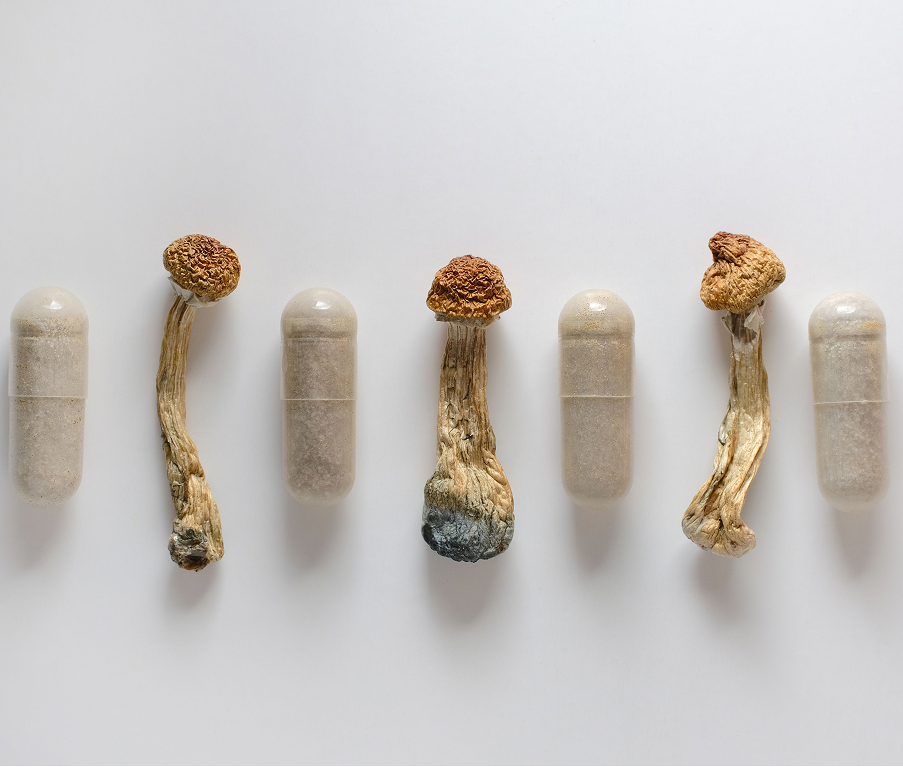
February 20, 2026

February 14, 2026

February 6, 2026

January 31, 2026

January 23, 2026

January 16, 2026

January 9, 2026










